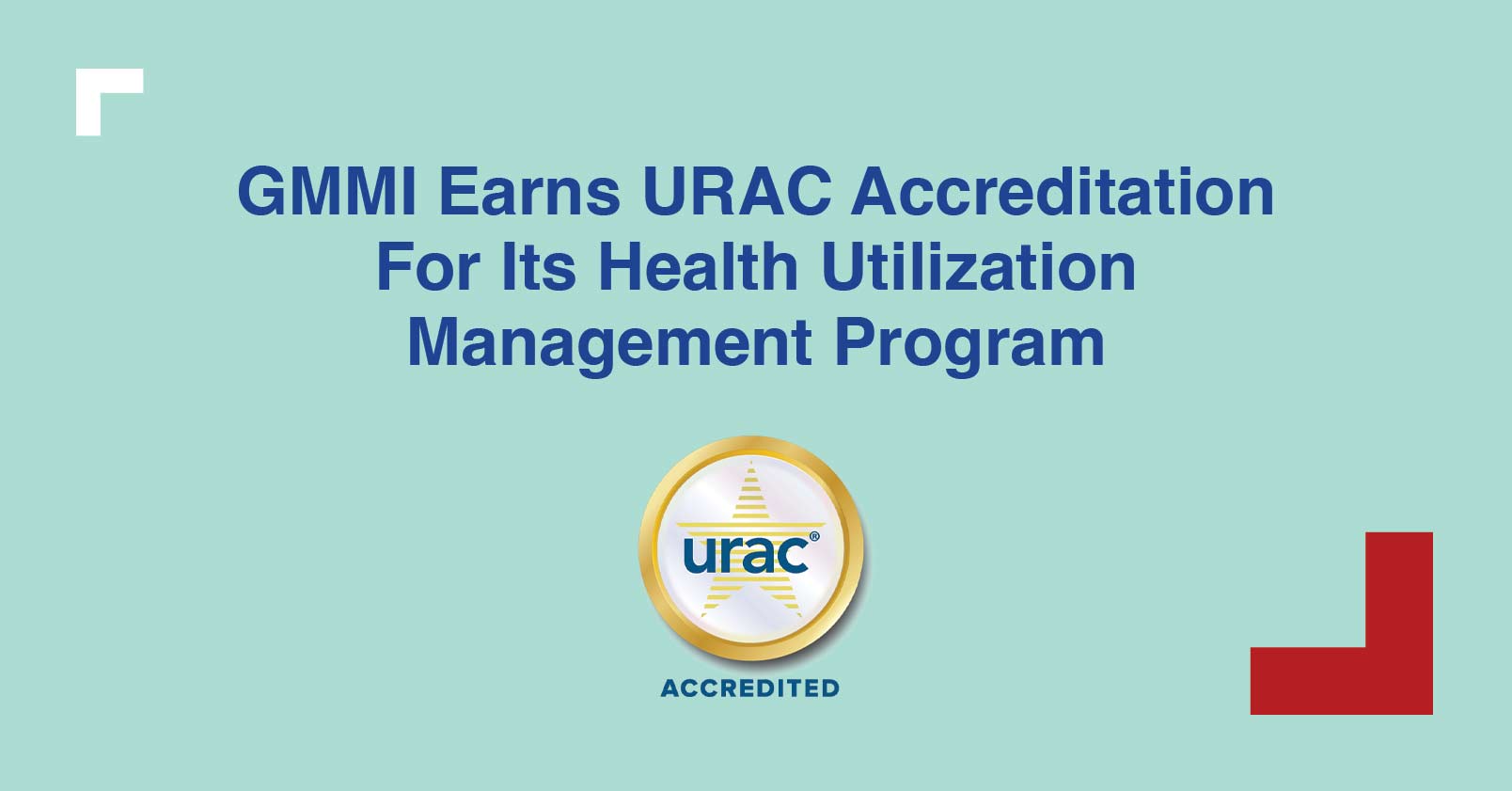Something that sets GMMI apart from other travel assistance providers is our medical expertise. We have 25 nurses on staff and work with three accredited doctors to manage our medical cases and deliver best-in-class assistance services to our travelers.
The start of 2022 introduced a record number of COVID-19 cases in the U.S. As the world works to combat the Omicron variant and learns more about its recently discovered “stealth” sub-variant, BA.2, the travel industry continues to navigate the ways this most recent surge has impacted peak booking season. We consulted with our team of doctors to get their expert opinion about COVID-19 right now, the future of the virus and how it affects travel and health care.
GMMI’s Dr. Ian Russinoff captures the team’s collective thoughts about the state of the pandemic today. This is what he said:
How do you perceive the state of the pandemic today? At the end of last year, many experts believed the worst was behind us. With case counts surpassing record levels this year, is that still the consensus in the medical community or are experts seeing things differently?
Dr. Russinoff: I believe we are dealing with a completely different situation. Yes, the numbers have been high. Yes, this variant is highly contagious. Yes, this variant seems to evade the vaccine and booster dose. However, the symptoms and severity are markedly different. The majority of patients present with upper respiratory symptoms (congestion, sore throat, sinus congestion) rather than the much feared lung infections that have led to most of the deaths in the pandemic. The vaccine has served its purpose in protecting people from serious decompensation and deterioration. Putting all this into perspective, I believe the worst is behind us. While of course being sensitive to all those that suffered unimaginable losses from COVID-19, as a whole, today’s illness is not as devastating as last year.
How is Omicron different from the original COVID-19 virus? How is it different from Delta and other variants that we’ve seen?
Dr. Russinoff: It is more contagious, but less virulent. In general, symptoms are milder, but it spreads very quickly due to its shorter incubation period. The symptoms are primarily upper respiratory. We also see the fatigue and body aches associated with COVID-19 infections.
If Omicron results in relatively milder cases of COVID-19, what risks does it present to the general public? What challenges does it present to our health care workers and the travel industry?
Dr. Russinoff: While being milder, it still has serious health risks to the unvaccinated, immunocompromised, and at-risk populations. It remains a threat to the workforce because it can literally shut down an organization or operation by infecting multiple personnel within a very short period of time. With regards to travel, this has some specific implications. Many people experience such mild symptoms that they don’t even suspect being acutely infected. Given the frequency and prevalence, there is an added risk of getting stranded abroad due to the mandatory testing requirements for entry into many countries. These are serious questions to consider when making travel plans.
For the past two years, COVID-19 case counts and subsequent hospitalizations have been rising and falling in waves. Should we expect the same from Omicron? When will we get back to the relatively lower case numbers that we saw toward the end of June and October of 2021?
Dr. Russinoff: Case numbers appear to have peaked in many locations. Each state or region has their own unique COVID-19 curve where local experts monitor the case rates and hospitalizations. Areas with a lower vaccination rate can expect a higher hospitalization rate. Many factors affect the local prevalence—weather, vaccination status, socioeconomic limitations, etc. The earlier hit markets are starting to see things settle down quite a bit.
Many countries, including the United States, have testing or vaccination requirements for entry. What recommendations do you have for international travelers right now? Is it safe and what precautions and preparations should travelers take?
Dr. Russinoff: Travelers need to be aware of the required documentation to enter a country. The rules often change frequently, so it’s important to make sure you have the most up-to-date information. Pre-arrival testing requirements vary from antigen to PCR testing, and to the qualifications of the laboratory. Some countries have a mandatory on-site testing and quarantine requirement. Travelers must take all this into account as they prepare, or they may have an unpleasant and unexpected experience. With regards to safety, precautions must still be taken with regards to masks, handwashing, and maintaining distance. Even vaccinated people should pay attention to the details.
The CDC recommended against cruise travel earlier this year, even for people who are fully vaccinated. Do you agree with this recommendation?
Dr. Russinoff: I happen to love a cruise, so I may be a little biased. Cruises have forever been known to be a potential spreader of infection (Norovirus). Personally, I am not opposed to cruise travel. I think the biggest issue is perhaps getting “stuck” on the cruise and having to stay in the state room or being unable to dock the boat at the previously specified locations. There are particular challenges with cruises, as opposed to resorts, but I just think the risks of cruise travel should be very clear to the customers from the start.
January through March is typically known as “wave season” in the travel industry, when cruise lines offer some of the best deals of the year. What would you say to travelers who want to take advantage of these deals and to travel agents that are selling cruises? If cruise travel isn’t recommended right now, when will it be safe?
Dr. Russinoff: I think the concern right now is the prevalence of the disease and the positivity rate is just so high. I would expect that over the next few months the numbers will come back down to levels seen this past summer and fall and cruise travel will start to really pick up again. I suspect by summer, it will be considered safe again, but “buyer beware,” we don’t know if and/or when the next variant will emerge.
Since its discovery, COVID-19 has often been compared to flu viruses. Do you see us getting to a point where COVID-19 is handled similarly and becomes a normal part of daily life? If so, what needs to happen for us to get to that point?
Dr. Russinoff: The Omicron variant certainly bears resemblance to a mild flu-like illness. If these symptoms persist and we’re predominately dealing with more acute COVID-19 infections, then yes, I believe it will become a normal part of daily life. We need to see the correlation of the mortality rate and the unvaccinated population to really get to the point where it will become a “normal part of life.”
As we continue to combat the pandemic, there’s been talk about redefining what it means to be fully vaccinated to include booster shots. How important are boosters right now and what role will they play as we move forward?
Dr. Russinoff: Boosters are very important as there does seem to be at least some protection from getting infected with Omicron in the population that has a booster shot. There are rumors that the primary series will be changed to include a third shot in the near future. This is a rapidly evolving area and this is a challenge as there are financial and political motivations from pharmaceutical companies and government agencies in these decisions.
Currently about 64% of people in the United States are fully vaccinated, compared to about 54% worldwide. Only around 43% of those in lower middle income countries and 6% of those in low income countries are fully vaccinated, compared to 75% of those in upper middle income countries and 72% of those in high income countries. How important are global vaccination rates for preventing another surge in cases?
Dr. Russinoff: I think it is pretty clear that this crisis will need to be handled on a global level. Given how rapidly it spreads through air, I don’t think it can be successfully contained in only certain countries. In my opinion, while the U.S. has taken pretty swift measures to protect its own population, this will be a recurring theme until resources are shared throughout the world. Global leaders will need to work with international health organizations, such as the World Health Organization (WHO), to ensure that underdeveloped countries receive the same vaccination opportunities, especially vulnerable populations, as the more affluent countries.
Other than getting vaccinated, wearing masks, and getting tested, what can people do to help protect themselves and make things easier on our health care workers when case counts and hospitalizations rise?
Dr. Russinoff: I think it really involves self-awareness. With something so contagious, we just need to make well-informed decisions and try to stack the odds in our favor. People also need to utilize resources appropriately. Emergency rooms should be used for emergencies. Many ER’s in the country are inundated with patients who are looking for quick testing or who simply have not educated themselves about the quarantine requirements after testing positive for COVID-19. We also have to continue to protect our vulnerable population by minimizing their exposure risks. This starts with self-education and responsible behavior.
Do you have any travel plans this year? If so, did you buy travel insurance?
Dr. Russinoff: I currently don’t have travel plans, but I sure wish that I did. And if I was traveling, I’d surely get travel insurance!
We wish you and your loved ones a happy and healthy year ahead.
Subscribe to our Newsletter
GMMI is a leading URAC accredited, ISO 9001:2015 & ISO/IEC 27001:2013 certified provider of cost containment and medical risk management solutions.
We are Passionate for People.
Focused on Client Results.
Driven by Legendary Service.
Our SOlutions
Contact Us
Phone Number: +1 (954) 370-6404
Toll-Free (in the U.S. & Canada):
800-682-6065
Email: info@gmmi.com
2024 © All Rights Reserved.
Code of Conduct | GDPR | PIPEDA | Terms of Use | Privacy Policy | California Privacy Notice | Personal Data Access Form | Responsible Data Leak Disclosure Form








